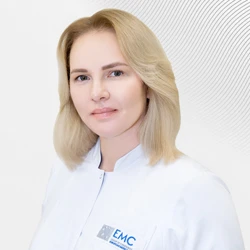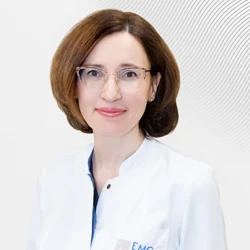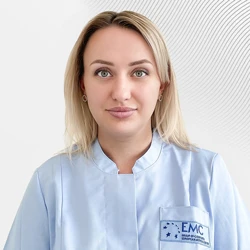According to statistics, every sixth married couple today cannot have children. And the reason in most cases is the man. Moreover, male infertility often begins in childhood. After all, if the axiom "A girl is a future mother" has traditionally been formed in people's minds, then no one really thinks about the fact that a boy is a future father.
What are the most common health problems in boys? And what are the reasons for their appearance?
- If we talk about men's health, there are many diseases. For example, phimosis (narrowed foreskin) and its inflammatory consequences. As a rule, in most cases, surgical intervention (circumcision of the foreskin) is required for the treatment of phimosis, which is quite easily tolerated in young children. However, we face difficulties here: sometimes parents refuse to perform surgery for personal, religious or other reasons. And then conservative treatment begins (ointments, creams, baths), which is accompanied by painful removal of the foreskin in the child.
Such treatment can last for several years, and inflammation can occur over and over again. As a result, the child may develop fears, fixations, neuroses, etc., which in the future will lead to serious difficulties in sexual life. Another example is malformations of the urethra.
What diseases can lead to a man not being able to have children in the future?
- The most serious diseases leading to infertility are undescended testicles in the scrotum and atypical testicular location (cryptorchidism, testicular ectopia), testicular vascular disease – varicose veins (varicocele), infectious diseases of the testicles (epididymitis and orchitis), testicular inflammation of non-infectious origin, including traumatic (testicular torsion, testicular compression).
It should be noted that most of these diseases in boys are congenital in nature.
How common is a pediatric andrologist?
- In such a large metropolis as Moscow, the specialization "pediatric urologist-andrologist" has become widespread. Doctors have been working in this area for decades. As a rule, a pediatrician is referred to the district children's polyclinic at the first stage, then he directs for a consultation to a urologist-andrologist (specialist doctor), and this may be a doctor working in the same polyclinic, as well as specialists from other medical institutions. There are significantly fewer pediatric andrologist urologists in small towns. But parents can always consult an adult urologist.
Can certain medications have a negative impact on the reproductive health of adolescents?
- Absolutely. For example, chemotherapy drugs that are prescribed for the treatment of various oncological diseases. As well as a group of cytostatics necessary for tissue and organ transplant operations, or the treatment of severe systemic diseases (for example, rheumatism). They have a toxic effect on rapidly dividing cells, and these are the cells of the spermatogenic epithelium, which are located in the testicles.
And the herpes virus?..
- Unfortunately, the herpes virus can also have a negative impact on reproductive health. It can have a damaging effect on the epithelium of the vas deferens and thus indirectly affects the reproductive health of children and adolescents.
What should parents teach a boy to be healthy?
- It is necessary to convey to the boy that the main mission of a man is procreation. And to preserve reproductive health, first of all, sports will help. And, of course, it is necessary to stop drinking alcohol and smoking. After all, children and adolescents are not fully aware of the consequences of their actions concerning their health, so the main responsibility falls on their parents. So "teach" is not an entirely correct term. It is more correct to say: "to create conditions for passion for something."
How could sex education lessons at school help? And how can they be better organized?
- The younger generation nowadays shows much earlier and more intense interest in the opposite sex. That is why it is very important to provide them with this information from an objective point of view, both at the level of the family institute and the public institution – the school. Lectures designed with high quality and adapted to adolescence are important so that young people can receive the most complete and scientific information about puberty. There are many popular science films about how our body is changing, what physiological processes occur at the hormonal level, and which sexually transmitted diseases (HIV, syphilis, gonorrhea, hepatitis) have a direct impact on reproductive function.
And it is very important that teenagers receive information about methods of protection against infection, about the diagnosis of these diseases, etc. from a specialist, and not from peers on the school "sidelines". Relevant lectures and seminars can be conducted by both school psychologists and medical professionals, as well as invited specialists. It is also advisable that these lessons be held separately between boys and girls, because of the natural embarrassment at this age.
Was this information helpful?
Questions and answers
Ask a Question
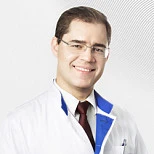






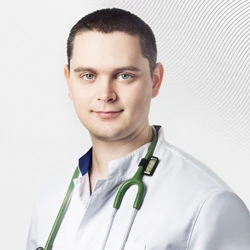



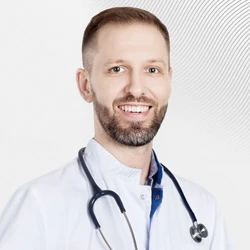
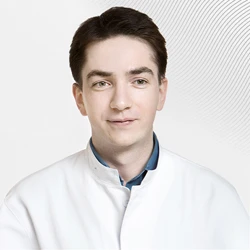
.webp)
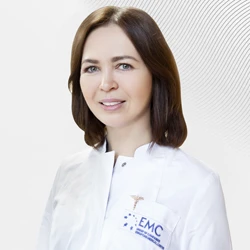




.webp)
